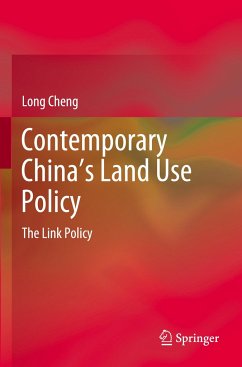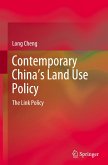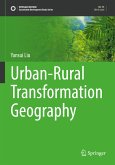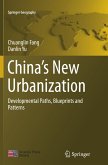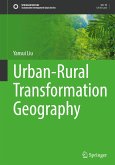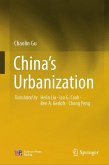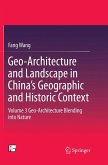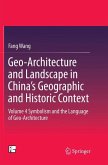This book discusses contemporary China's land use policy - the Link Policy - which calls for land consolidation and rural resettlement to achieve the goal of preserving farmland while also providing more space for urban development. Given the limited analyses and commentaries on the Link Policy in the literature, particularly in English-language articles, the book systematically presents and analyzes China's land use policy by assessing the impacts of the Link Policy on rural life and how effective the Link Policy is in achieving its objectives. It also examines how satisfied farmers are with the policy and what the contributing factors are.
Drawing on a critical review of the literature, field observations and interviews with resettled farmers, the book offers insights into China's land use policy, and compares it with similar policy instruments in other countries. Presenting research findings that help readers gain a holistic understanding of the Link Policy in China and its implications, the book is a valuable resource for professionals in other developing countries that are facing similar challenges in terms of balancing urban development and farmland conservation.
Drawing on a critical review of the literature, field observations and interviews with resettled farmers, the book offers insights into China's land use policy, and compares it with similar policy instruments in other countries. Presenting research findings that help readers gain a holistic understanding of the Link Policy in China and its implications, the book is a valuable resource for professionals in other developing countries that are facing similar challenges in terms of balancing urban development and farmland conservation.

